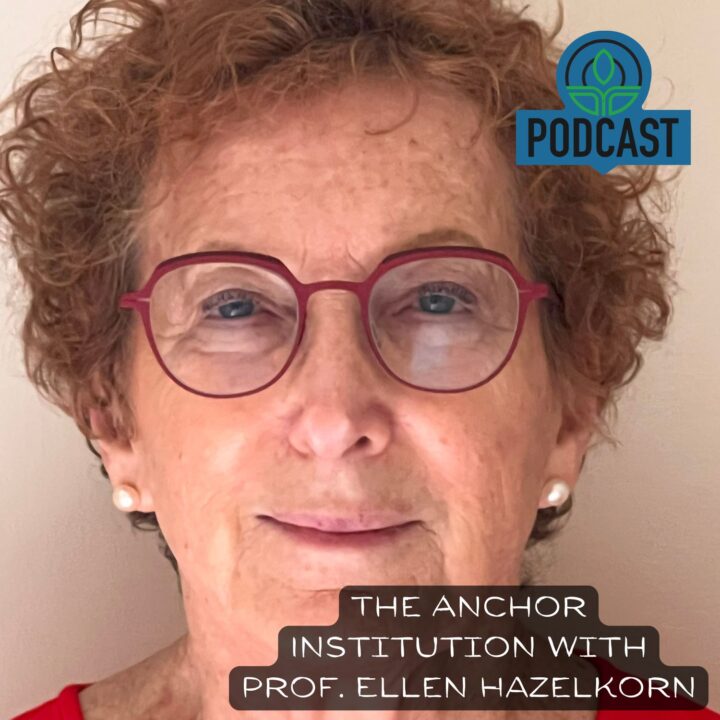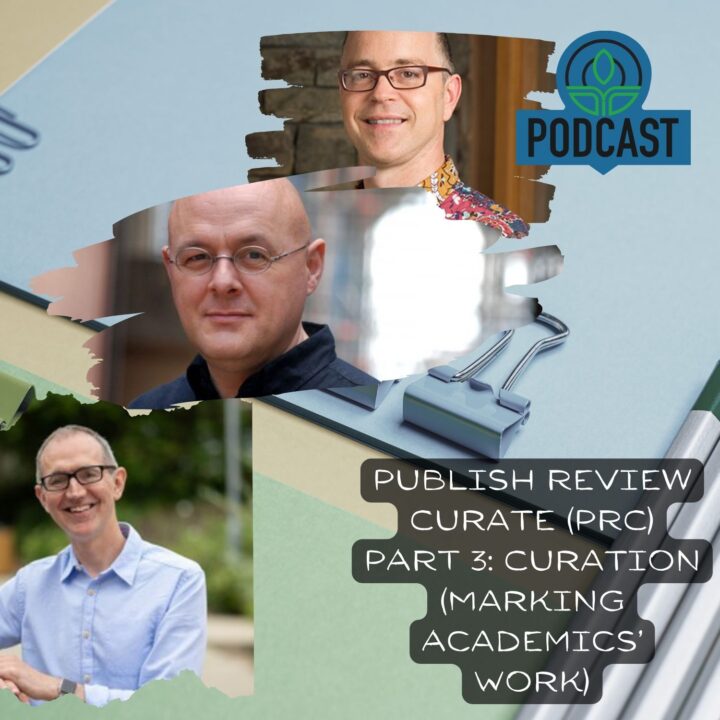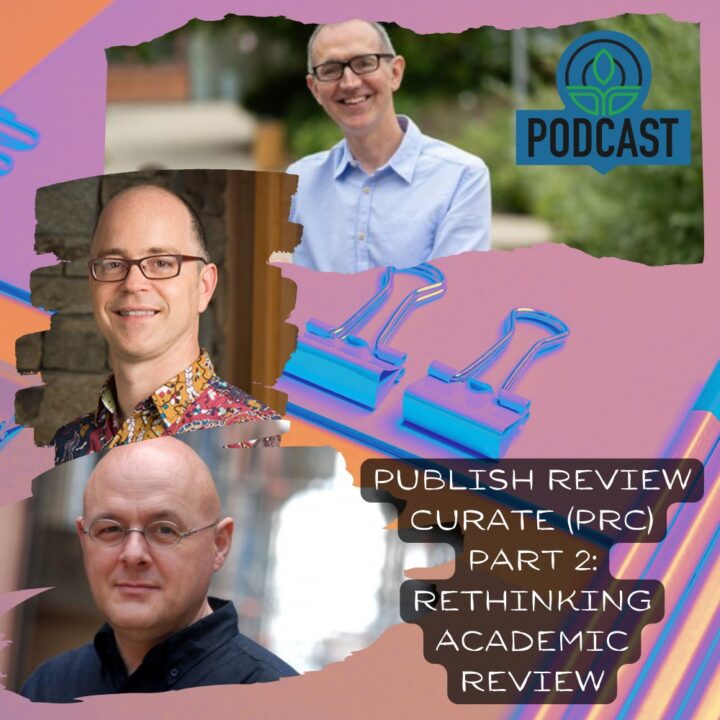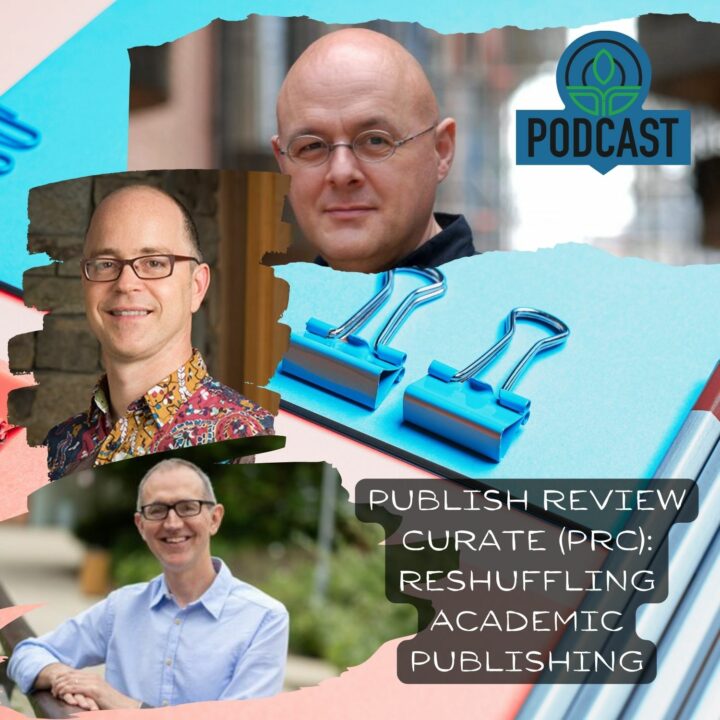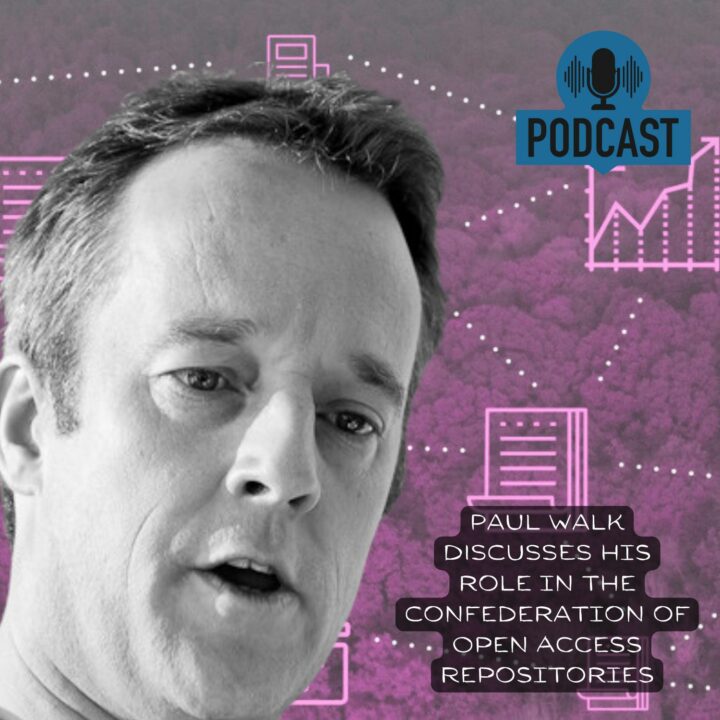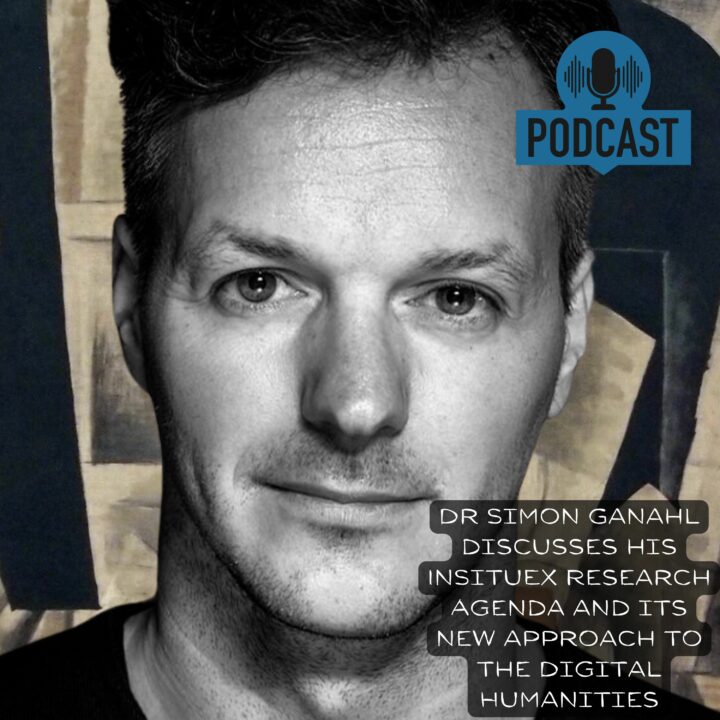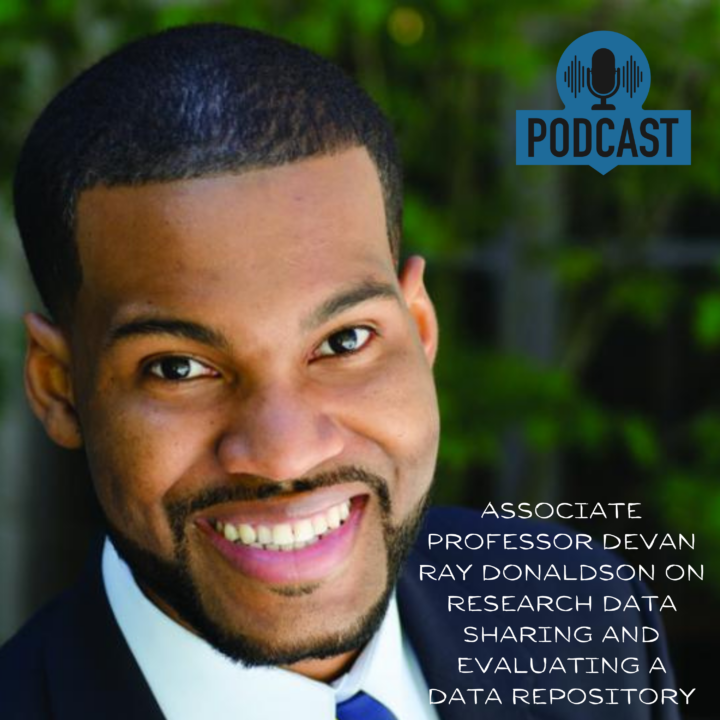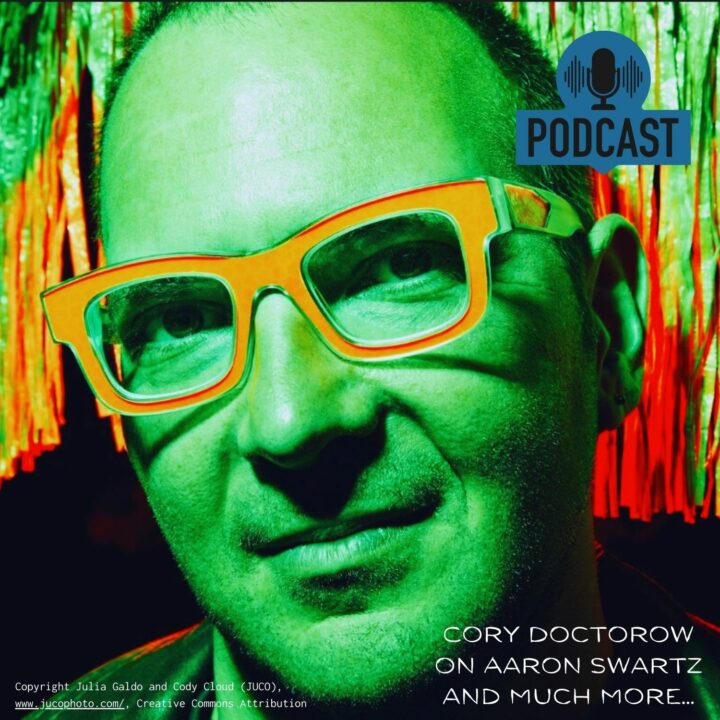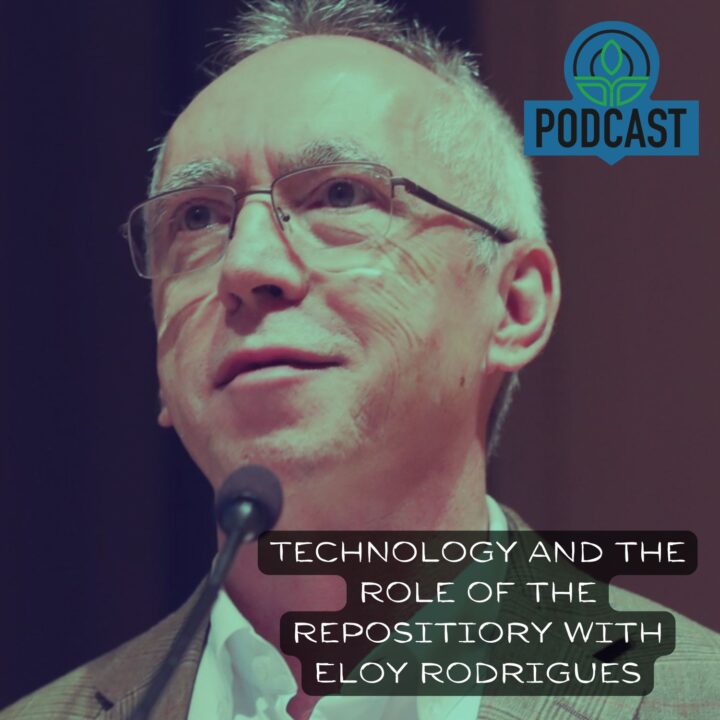
Episode 2: Technology and the Role of the Repository with Eloy Rodrigues In the second part of our latest Epistemicast mini-series, we focus on the role of technology and the academic repository in promoting interaction between universities and civic society. In discussion with Eloy Rodrigues, we explore how technology choices and openness can impact civic mission, and we look at practical steps...

